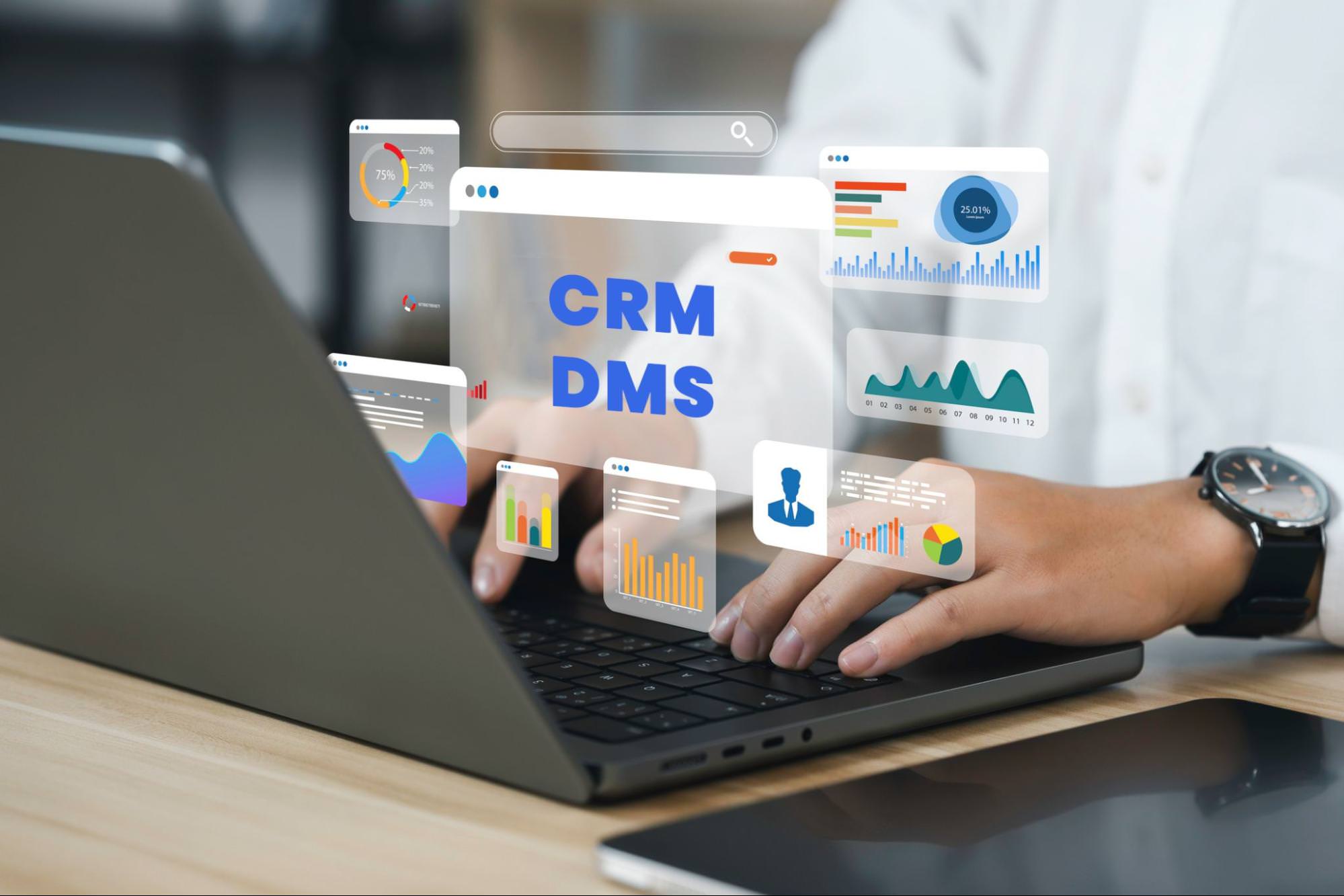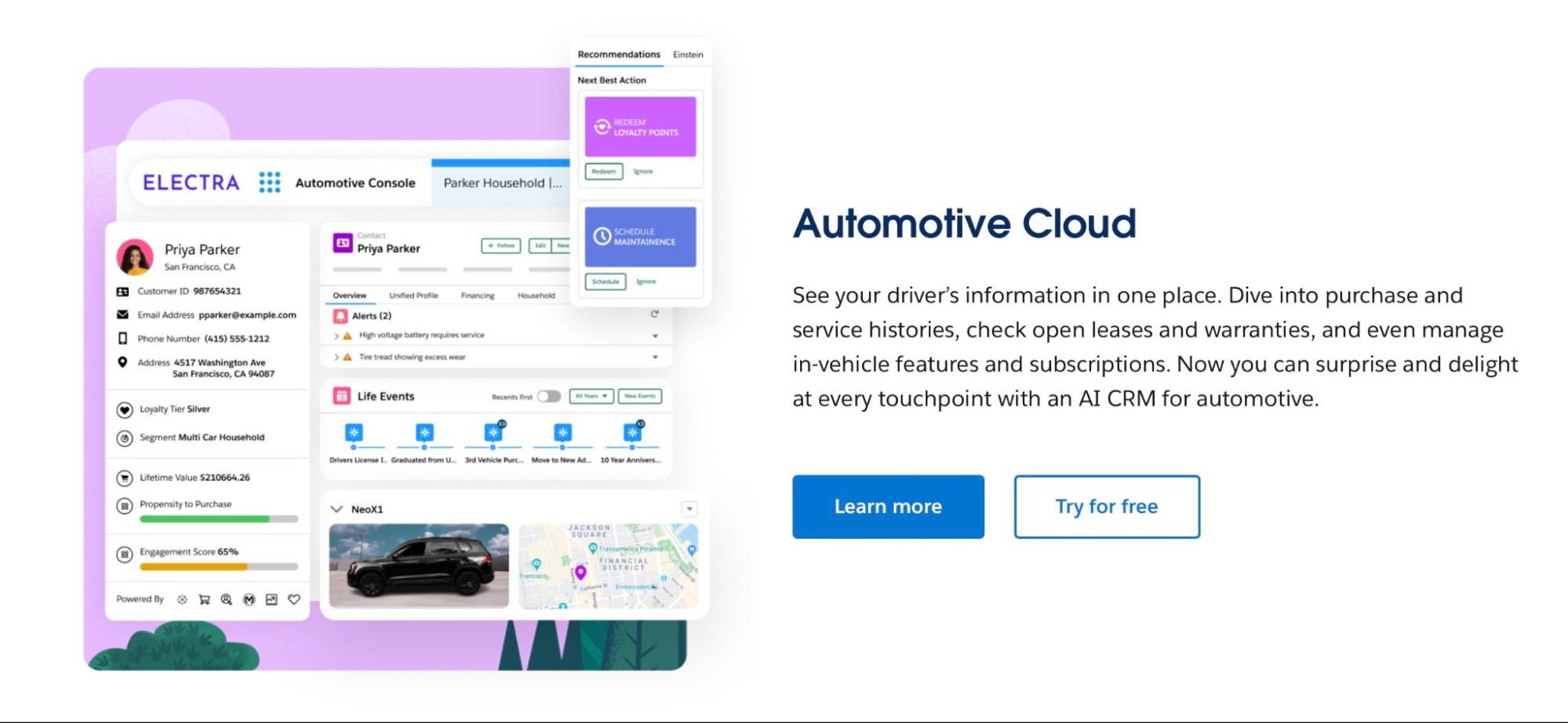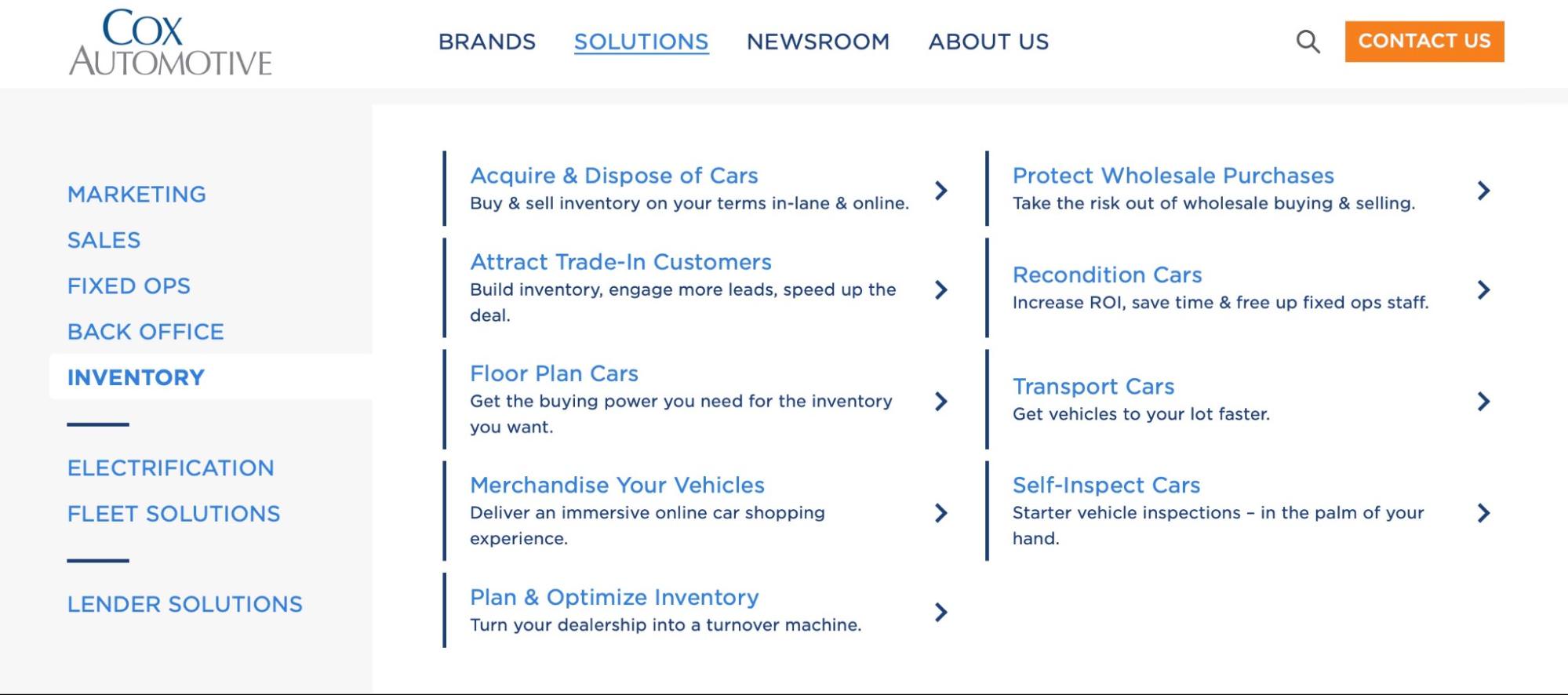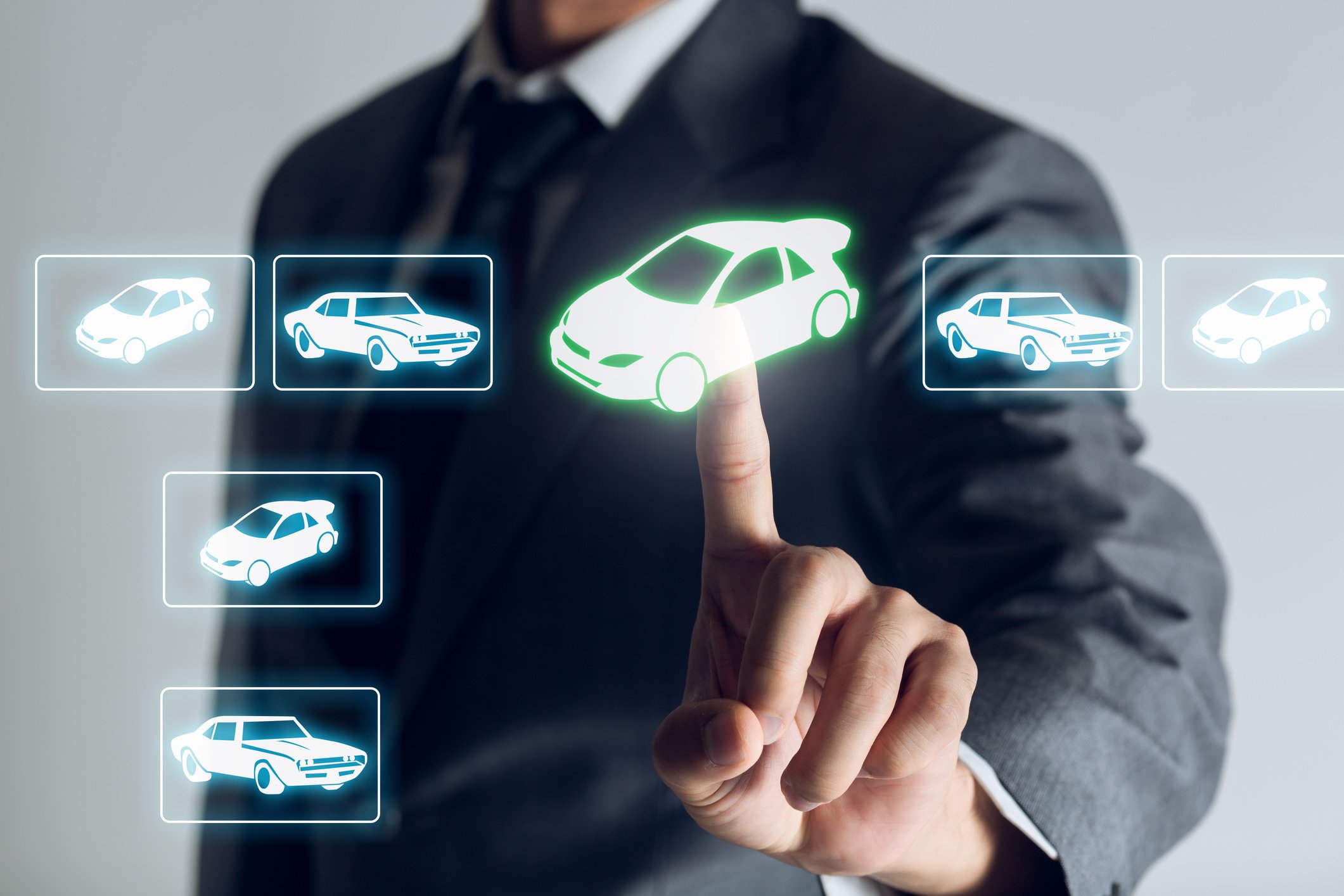- Blog
- Choosing Between CRM and DMS for Your Car Dealership
Choosing Between CRM and DMS for Your Car Dealership
Not sure if your dealership needs a CRM or a DMS? Learn which tool fits your dealership best, and discover software that helps you sell more with less effort.

Punti chiave
- CRMs help you manage leads and customer communication, while DMS tools cover your full dealership workflow.
- Small dealerships often benefit most from starting with a simple CRM, while businesses with more cars and staff usually get better results by combining both systems.
- Choose the software that solves your biggest daily challenge, whether that’s staying in touch with buyers or keeping your paperwork organized.
- Extra tools for marketing, listings, and SEO can make a big difference in how efficient your dealership is.
There’s so much more to running a dealership than stocking and selling cars. From managing leads and customer relationships to handling inventory and paperwork, it’s a lot to handle, so most traders find it helpful to use software that keeps everything organized.
Since there are so many options and types of dealership software out there, we’ll go through the key differences and uses. We’ll compare the differences between CRM and DMS systems, so you can decide which one makes the most sense for your dealership.
Term glossary
Before we look at the details, let’s quickly go over what each type of software does.
► CRM - Customer Relationship Management
CRM tools are used to manage individual customer leads, follow-ups, emails, test drives, and sales communication. It’s most useful for dealerships that sell directly to private buyers.
► DMS - Dealer Management System
DMS handles the full workflow of your dealership: inventory, vehicle data, purchasing, sales paperwork, pricing, invoicing, taxes, and more. A full DMS can cover most of your daily operations.
Differences between CRM and DMS software
To put it shortly, a CRM only focuses on communication with customers, while a DMS can manage both operations and sales processes across the entire dealership.
Need specific examples? We’ve got you.
- CRM is about managing people: leads, conversations, follow-ups, and customer satisfaction.
- DMS is about managing processes: car stock, documentation, pricing, and business operations.
Most CRMs aren’t tailored for the automotive industry, but many have but many have an automotive-specific version or module.
For instance, Salesforce has Automotive Cloud, a CRM add-on designed for car dealerships that includes customer profiles, service history, lease tracking, and more.

Image source: Salesforce
And if you’re looking for a DMS, you could check out Cox Automotive, which offers DMS solutions among others.

Image source: Cox Automotive
Their platform includes tools for inventory planning, trade-ins, vehicle transport, reconditioning, merchandising, and wholesale management, which covers most operational needs of a modern dealership.
Now, let’s recap.
A DMS might include some basic CRM features, and many CRMs can connect to a DMS.
But here’s the main difference:
If your biggest challenge is following up with leads, answering messages, and keeping track of who’s interested in what, start with a CRM.
If your main problem is staying on top of your stock, paperwork, pricing, or day-to-day tasks, start with a DMS.
Making a choice as a small dealership: CRM vs DMS
If you’re running a small used car dealership with a limited budget, it makes sense to start with the software that solves your most urgent problems.
For many small traders, that’s following up with buyers during after sales or keeping communication organized. A smaller number of cars is usually easier to manage, so tasks like updating stock, sending invoices, and handling documents don’t require a full DMS yet.
So, if most of your sales come from individual buyers, start with a simple CRM. It’s a low-cost way to organize leads, plan follow-ups, and increase your chances of closing more deals.
Choosing as a medium dealership
If you’re a mid-size dealership with a few team members, a steady flow of customers, and a growing stock, it may be the time to use both systems together.
Here’s why:
- A CRM will help your sales team track purchases, assign follow-ups, and avoid missed opportunities.
- A DMS will keep your stock, pricing, invoicing, and daily operations in sync.
You don’t have to choose between them. Many platforms today offer integrations between CRM and DMS, or they combine both tools in one solution.
This setup helps you stay organized, sell more, and see how your dealership performs.
Also, automation starts to matter more at this stage. There are plenty of tools that you can use and save time with automated emails, automatically generated documents, and automatic stock updates.
AI solutions can also help you do your tasks more quickly, so don’t forget to check the AI tools you can use in your dealership.
Other software you should consider for your business
Besides CRM and DMS tools, here are a few other types of software that can help your dealership run better:
|
Inventory listing tools |
These help you post cars on multiple platforms from one place. |
|
Marketing and social media tools |
If you’re running campaigns, creating ads, or posting on social media, tools like Canva or Meta Ads Manager can help you save time. |
|
Photo and video software |
Consider using photo enhancement apps, 360° tools, or video apps to improve your vehicle listings. |
|
SEO and website tools |
Tools like Google Search Console or SEMrush can help you improve your visibility online. |
By using the right mix of tools, you can save time and run your dealership more efficiently, even with a small team.
Collaboriamo con fornitori affidabili per offrirti un'ampia selezione di auto usate di seconda mano provenienti da società di leasing e di noleggio a breve termine:
Scopri tutte le auto ex leasing in vendita!_01JE9WH8CRTMG3B3WDH56WNJHD.png)

